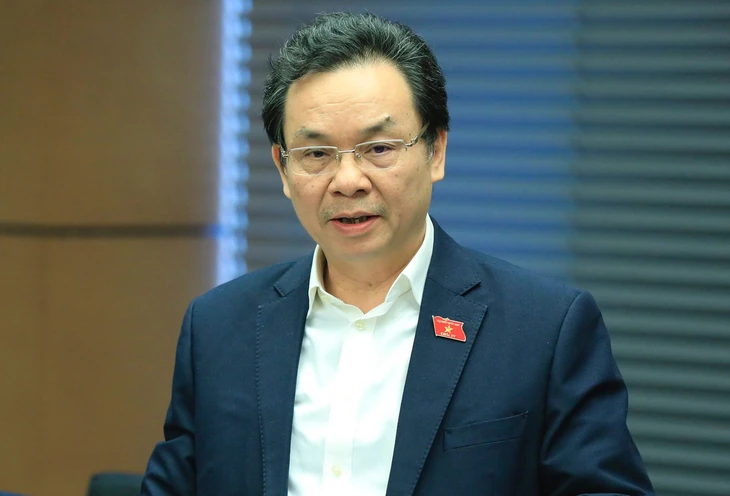
Professor Hoang Van Cuong - Photo: PHAM THANG
“We are now considering the public investment option, which means spending a certain amount of budget capital on that project. If there is a private investor willing to undertake the project with similar quality standards, functionality, and spreading nature, there is no reason not to assign the job to them,” said delegate Hoang Van Cuong (vice chairman of the State Council of Professors, former vice principal of the National Economics University) about VinSpeed’s direct investment proposal for the North-South high-speed railway.
Domestic investors willing to register to implement projects should be highly appreciated.
* In a document sent to the Prime Minister , VinSpeed proposed to participate in the investment of the North-South high-speed railway project in the form of direct investment, instead of public investment or PPP. What is your view on this?
- This is something that is very much worth supporting. The government does not have to spend money, but the private sector is willing to spend money. There must even be policies to support the private sector to have resources, to spend, calculate and recover by themselves.
However, this project is the backbone infrastructure of the country, so even if it is private investment, the private sector still has to comply with state requirements and regulations.
For example, private enterprises must invest based on the principles and goals of building a route to develop the railway industry. Once the investment is completed, how will it be exploited and operated? Clearly, there needs to be a State perspective and direction.
Therefore, private investment does not mean giving you the whole job but investing as a separate project. Important national projects, regardless of their form, are all based on the principles of State management.
* According to you, to be approved, what special conditions do investors need to meet?
- The North-South high-speed railway is a project that has a positive impact on promoting economic development and goods exchange.
Along with that, the project also aims to implement the localization policy to develop the domestic railway industry by Vietnamese people, invested by Vietnamese enterprises, and Vietnamese products manufactured mainly on the basis of receiving foreign technology transfer.
This is one of the goals to be achieved when investing in this railway line. Therefore, when there are domestic investors willing to register to invest, it is highly appreciated.
This contributes to the implementation of the policy of localizing the railway industry, and at the same time spreads to other industries and fields.
The most important issue is that it must be true domestic investment, developing domestic industry, not domestic investors registering to invest but importing foreign products and components and only assembling and processing. This does not achieve the goal.
Therefore, it is necessary to pay attention to whether the investor commits to localization or not, and whether he/she has links with other domestic enterprises and investors to start producing components, accessories, and equipment based on foreign technology.
It can be said that this is the most important goal and condition when considering whether to accept domestic investors to implement or not.
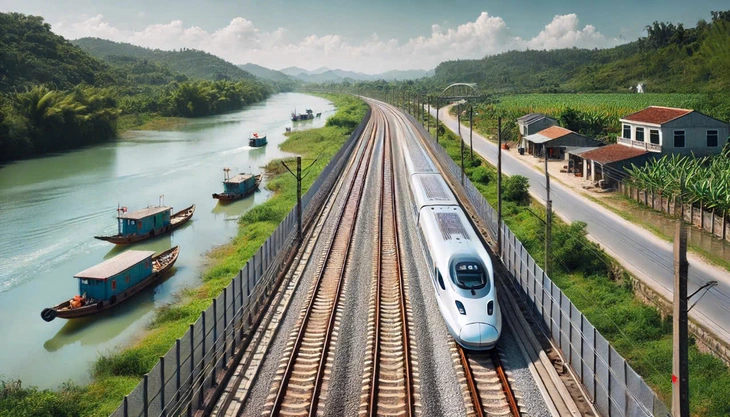
The high-speed railway project on the North-South axis is 1,451km long, with a speed of 350km/h - Illustration photo: Chat GPT
There is no reason why we can't hand it over to a private investor.
* In the context of limited budget, is VinSpeed's proposal to borrow 80% of the capital from the State without interest for 35 years considered a financially and legally feasible option?
Currently, the Law on Investment under the Public-Private Partnership ( PPP) method only allows the State to support a maximum of 50% of capital for a project. According to the delegate, does a proposal that exceeds the framework like VinSpeed need a new special mechanism or should it be considered as a conditional exception?
- Railway investment, in this case, is not considered a public-private partnership (PPP) investment but accepts to allow a domestic investor to implement the project. When a business registers for private investment, it accepts to enjoy profits and bear losses.
Of course, there must be mechanisms and policies so that investors do not suffer losses and must always think about successful investment. From there, create a foundation for sustainable development, contributing to society.
Investment in transport infrastructure in general and railways in particular is a public investment sector, requiring public investment capital. If no private investor registers, the budget must invest.
Usually, investment in transport infrastructure, including railways, has a very slow ability to recover initial investment capital. The recovery part is the spillover effects, creating development and bringing benefits to society.
Direct revenue from that project is almost impossible to generate for the budget. Therefore, the willingness of private investors to invest capital must also consider options to see that the State has policies to create resources for investors.
In fact, there is currently a ordering mechanism. The government even uses its budget to order private investors to do infrastructure projects, considering it as an ordering option.
In this case, the investor wants the capital not to be provided by the State, not in the direction of ordering but the State to lend without interest. This is also a good option.
Because, the money spent is not irrecoverable, it is just that the recovery time of infrastructure projects is always very long, the profit is very low. Therefore, this factor needs to be taken into account.
* From an economic perspective, what are the benefits of handing over such a large amount of money to a private entity, according to the delegate, and what are the concerns that require a control mechanism?
- Now considering public investment options, which means spending a certain amount of budget capital on the project.
If there is a private investor willing to undertake a project with similar quality standards, functionality, and spillover effects to the designed public investment, there is no reason not to assign it to them.
In public investment, spending money requires control to see if the money goes into the right projects or not. Now when lending to private investors, we also need to control whether the money flows into the desired projects or not. It is not like just giving money and then doing it anywhere.
The difference is that if public investment must be controlled to every penny, every expenditure must be implemented in compliance with supervision, bidding, and cost norms for each penny of purchased materials and raw materials.
As for private investors, they manage and decide on that matter themselves. The State only manages the overall implementation of the product or project to see if it complies with the requirements, standards, and regulations set forth.
* If the State agrees to give VinSpeed preferential loans as proposed, will this create an unfair precedent among other businesses in the same field?
- It is not natural for a private enterprise to borrow capital with incentives exceeding regulations. If such issues were raised in normal business activities, it would be clearly unfair.
But this is a project that should have been invested entirely with the state budget. It is not possible to think about when the capital will be recovered, and there may even be a scenario where the capital will never be recovered.
Instead, private investors want to borrow a smaller amount of money for investment, temporarily the State does not have to spend but lends it to businesses, then they pay it back.
Financially it is clearly more efficient for the budget rather than damaging.
This is just the State's support to help private enterprises do the State's part. The State should invest, but there are private enterprises willing to take on the responsibility, which should be encouraged.
In the context of promoting private economic development to join hands with the State to undertake social development goals, not everything is focused on the State and public investment.
Strengthening the role of socialization will create momentum for faster, better, and more effective development.
* In case the project does not achieve the expected results, what can the State do to control risks and protect public assets from large interest-free loans?
- The investment target of the railway line must be completed. The investment efficiency has been evaluated when the National Assembly approved the project. All of that was foreseen.
Now we cannot say that the investment project is not effective. If it is not effective, we need to review the entire implementation process to see if there is any deviation.
In special cases, where it is really ineffective for truly objective reasons, it is necessary to consider factors and solutions to adapt to risks.
* Thank you sir.
Source: https://tuoitre.vn/dai-bieu-quoc-hoi-noi-ve-de-xuat-dau-tu-truc-tiep-tuyen-duong-sat-cao-toc-bac-nam-cua-vinspeed-20250521163754826.htm


![[Photo] Prime Minister Pham Minh Chinh receives Rabbi Yoav Ben Tzur, Israeli Minister of Labor](https://vphoto.vietnam.vn/thumb/1200x675/vietnam/resource/IMAGE/2025/5/21/511bf6664512413ca5a275cbf3fb2f65)
![[Photo] Scientific workshop "Building a socialist model associated with socialist people in Hai Phong city in the period of 2025-2030 and the following years"](https://vphoto.vietnam.vn/thumb/1200x675/vietnam/resource/IMAGE/2025/5/21/5098e06c813243b1bf5670f9dc20ad0a)


![[Photo] Determining the pairs in the team semi-finals of the National Table Tennis Championship of Nhan Dan Newspaper](https://vphoto.vietnam.vn/thumb/1200x675/vietnam/resource/IMAGE/2025/5/21/eacbf7ae6a59497e9ae5da8e63d227bf)
![[Photo] Prime Minister Pham Minh Chinh attends the groundbreaking ceremony of Trump International Hung Yen Project](https://vphoto.vietnam.vn/thumb/1200x675/vietnam/resource/IMAGE/2025/5/21/ca84b87a74da4cddb2992a86966284cf)

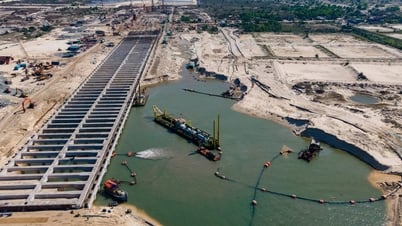
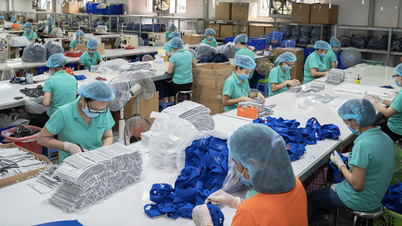


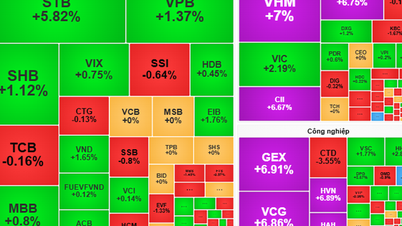









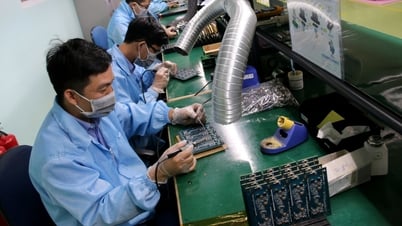

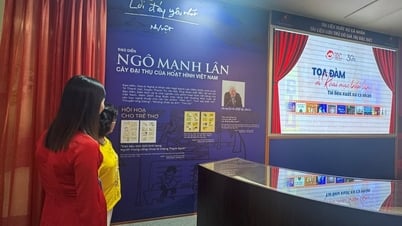



































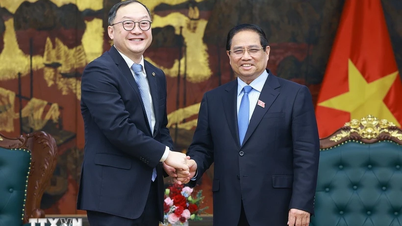







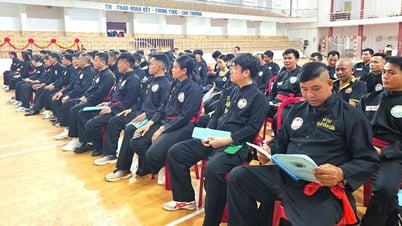





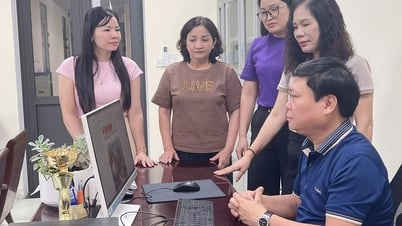



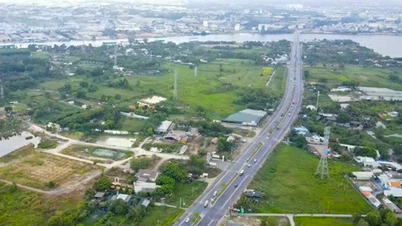














Comment (0)